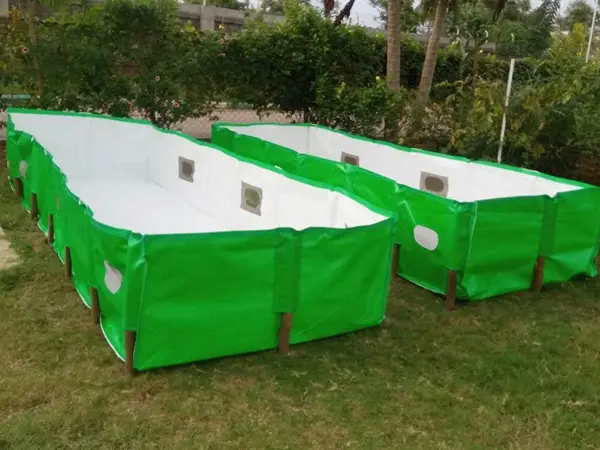A vermicompost bed, often called vermiculture or worm bed, is a sustainable and environmentally friendly method of composting organic waste using earthworms. These beds provide an ideal environment for worms to thrive and turn organic matter into nutrient-rich compost. Vermi beds, usually constructed with a mixture of organic materials such as shredded paper, cardboard, kitchen waste and garden waste, create the perfect habitat for worms to live, feed and breed. The activities of the worms aerate the compost pile, speeding up the decomposition process and producing a high quality compost known as vermicompost. One of the main advantages of vermi beds is their compact size and scalability, making them ideal for both urban and rural settings. Whether you have a small backyard or a large garden, composting beds can be set up to fit your space and composting needs. In addition, these beds can be easily maintained with minimal effort, only requiring periodic monitoring of moisture levels and the addition of fresh organic matter as needed. This makes vermi beds an accessible and low-maintenance solution for individuals and communities.

Beyond their practical benefits, vermi beds also contribute to sustainable waste management practices by diverting organic waste from landfills. By turning kitchen waste and other organic matter into valuable compost, worm beds help reduce greenhouse gas emissions associated with landscape degradation, while enriching the soil with beneficial nutrients. Furthermore, vermicomposting fosters a deeper connection with nature and promotes a sense of environmental responsibility by encouraging individuals to actively participate in the natural cycle of decomposition and regeneration. Overall, vermi beds provide a simple and effective solution for converting organic waste into a valuable resource while improving environmental sustainability and soil health.
